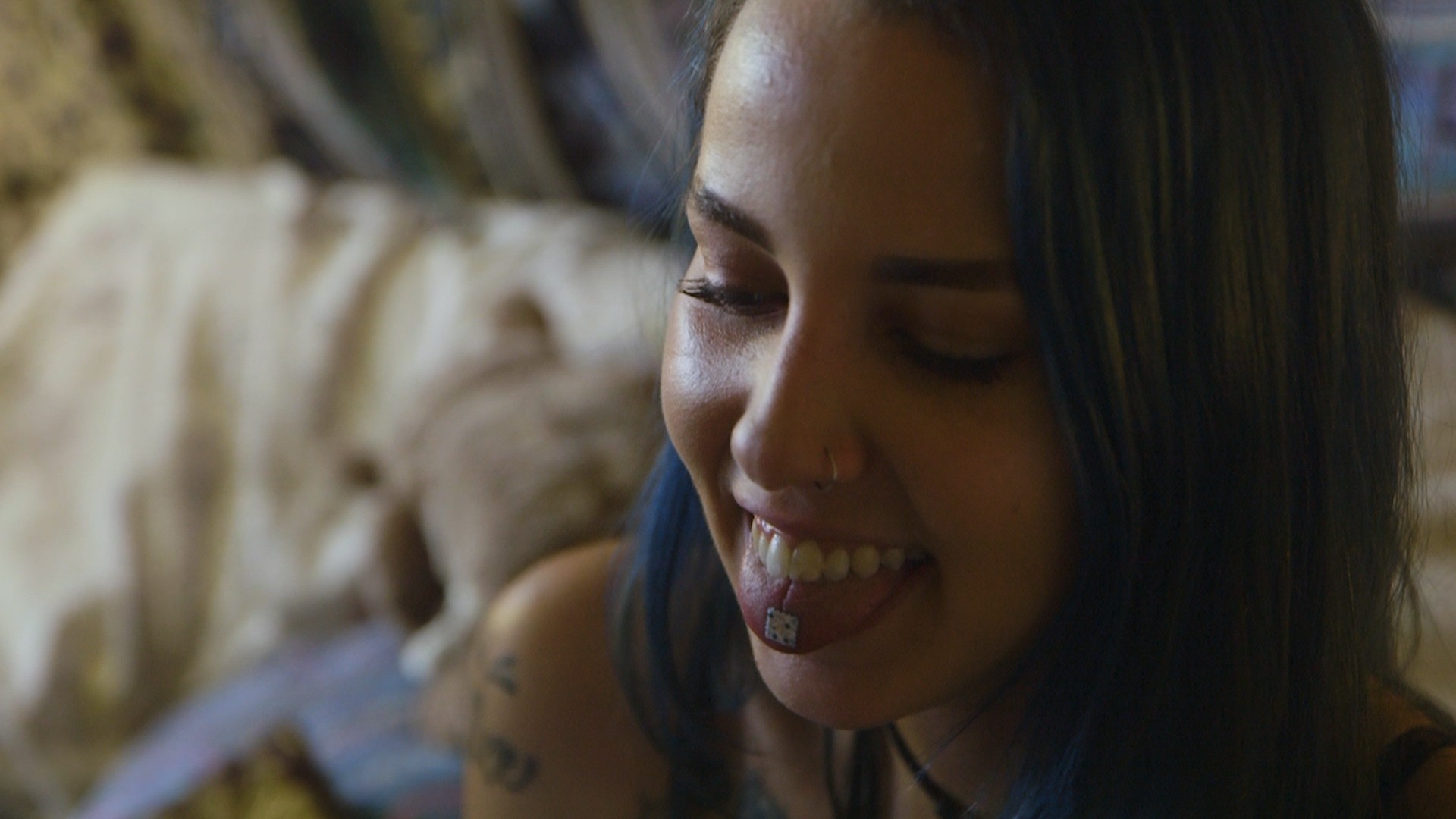The Lighthouse interior. Courtesy of Synthesis.
This framing can end up attracting people who have mental illness histories. As Gemma approached 30, she started to explore natural and alternative medicines, seeing naturopaths and getting into yoga and supplements. Her naturopath asked if she had heard of microdosing, and she started to read about psychedelics, right around the time Michael Pollan’s book came out. One Friday night, home alone, she came across the Synthesis website.“I was like, ‘Oh my god, this is amazing.’ You read about all this stuff, but here’s a place I can go and I can do this,” she said. “People say it was almost like this cure for depression. I know it doesn’t specifically say that on the website, but you read so many positive things and it starts to make sense. I was like, ‘I have to do this.’ I remember feeling a real sense of like, Wow, my future could be so much different.”"Do you find that your regimen of mental health, therapy & SSRI medication is just helping you 'get by' but not truly BREAK THROUGH?…Have you suffered from depression, anxiety or PTSD for so long…you can’t even remember feeling good?…Those looking to heal chronic depression, anxiety, low self-esteem, lack of creativity, PTSD or even simply a lack of purpose in their lives are sure to benefit from a safe session with psilocybin mushrooms.”
Watch more from VICE:

We were welcomed to The Lighthouse, as the renovated church is called, by our guides, Adam, Valerie, James, and Odin. They were dressed, as one might have expected, in flowy clothes, and had peaceful, earthy vibes.
The ceremony room. Courtesy of Synthesis.
The ceremony room. Courtesy of Synthesis.
The dining table at meal time. Courtesy of Synthesis.
